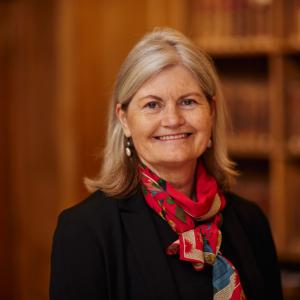Bonavero Discussion Group - "The Colonial Constitution" by Dr Arghya Sengupta
Dr Arghya Sengupta, Research Director of the Vidhi Centre for Legal Policy
Professor Faisal Devji, Professor of Indian History at St Anthony's College, University of Oxford
Professor Shruti Kapila, Professor of History and Politics at University of Cambridge
The Bonavero Discussion Group is delighted to be hosting an event to discuss Dr Arghya Sengupta's book The Colonial Constitution.
The Colonial Constitution argues that the Indian Constitution is a colonial document. First, the Constitution is overly prescriptive which indicates that the makers were unwilling to trust the people to govern themselves, akin to the erstwhile colonial regime. Second, the Constitution envisages a law and order state which towers over the citizens. Although the citizens are vested with fundamental rights on one hand, those rights are circumscribed effectively with restrictions. The book argues, that although the Constitution was founded on the belief that the state would guarantee liberty with wide powers, that has proved to be untrue. Third, the book also highlights that alternative ideas, such as Gandhian village democracy based on individual duties, or elements of direct democracy propounded in the Assembly, were considered radical for the time and hence, not fully explored. The Constitution makers adopted trusted global constitutional principles and institutions, rather than exploring and creating indigenous institutions which may be better suited to govern India.
By delving into the constitutional writings of political leaders and the debates in the Constituent Assembly and outside, this book attempts to highlight the origin story of the Constitution of India.
Author
Dr Arghya Sengupta
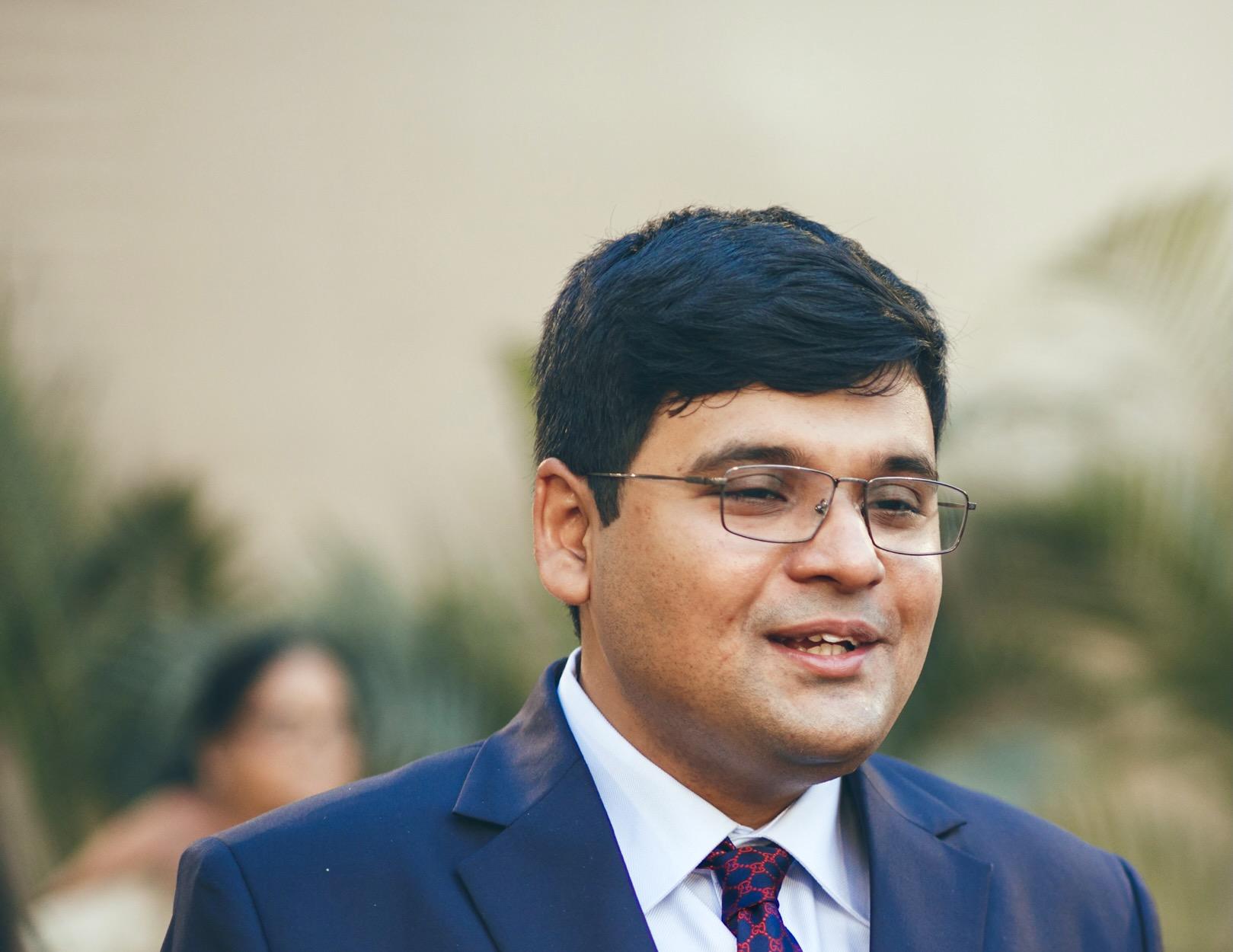
Arghya Sengupta was born in Kolkata in 1984. He was educated at St. Xavier’s Collegiate School, Kolkata, the National Law School of India University Bengaluru and the University of Oxford. At Oxford, he was a Rhodes Scholar pursuing his D.Phil. in Law at St. Catherine’s College, and Lecturer in Administrative Law at Pembroke College.
He is currently the Research Director of the Vidhi Centre for Legal Policy which he founded in 2013. At Vidhi, his areas of specialization are constitutional law and regulation of the digital economy. He has written over 20 articles and essays in leading peer-reviewed journals and collections, including in the Law Quarterly Review, Public Law and the Oxford Companion to Politics in India. He has most recently co-edited Working a Democratic Constitution, a special edition of the IIC Quarterly. He is a columnist at The Times of India and The Telegraph.
He is the author of three books Independence and Accountability of the Indian Higher Judiciary (Cambridge, 2019), Hamīñ Ast? A Biography of Article 370 (co-authored- Navi Books, 2022) and most recently The Colonial Constitution (Juggernaut, 2023).
Chair
Professor Kate O'Regan
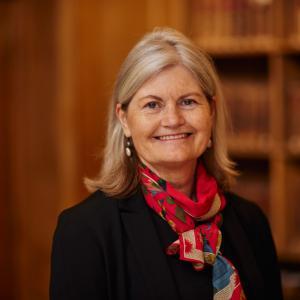
Kate O'Regan is the inaugural Director of the Bonavero Institute of Human Rights and a former judge of the South African Constitutional Court (1994 – 2009). In the mid-1980s she practiced as a lawyer in Johannesburg in a variety of fields, but especially labour law and land law, representing many of the emerging trade unions and their members, as well as communities threatened with eviction under apartheid land laws. In 1990, she joined the Faculty of Law at UCT where she taught a range of courses including race, gender and the law, labour law, civil procedure and evidence. Since her fifteen-year term at the South African Constitutional Court ended in 2009, she has amongst other things served as an ad hoc judge of the Supreme Court of Namibia (from 2010 - 2016), Chairperson of the Khayelitsha Commission of Inquiry into allegations of police inefficiency and a breakdown in trust between the police and the community of Khayelitsha (2012 – 2014), and as a member of the boards or advisory bodies of many NGOs working in the fields of democracy, the rule of law, human rights and equality.
Panellists
Dr Moiz Tundawala
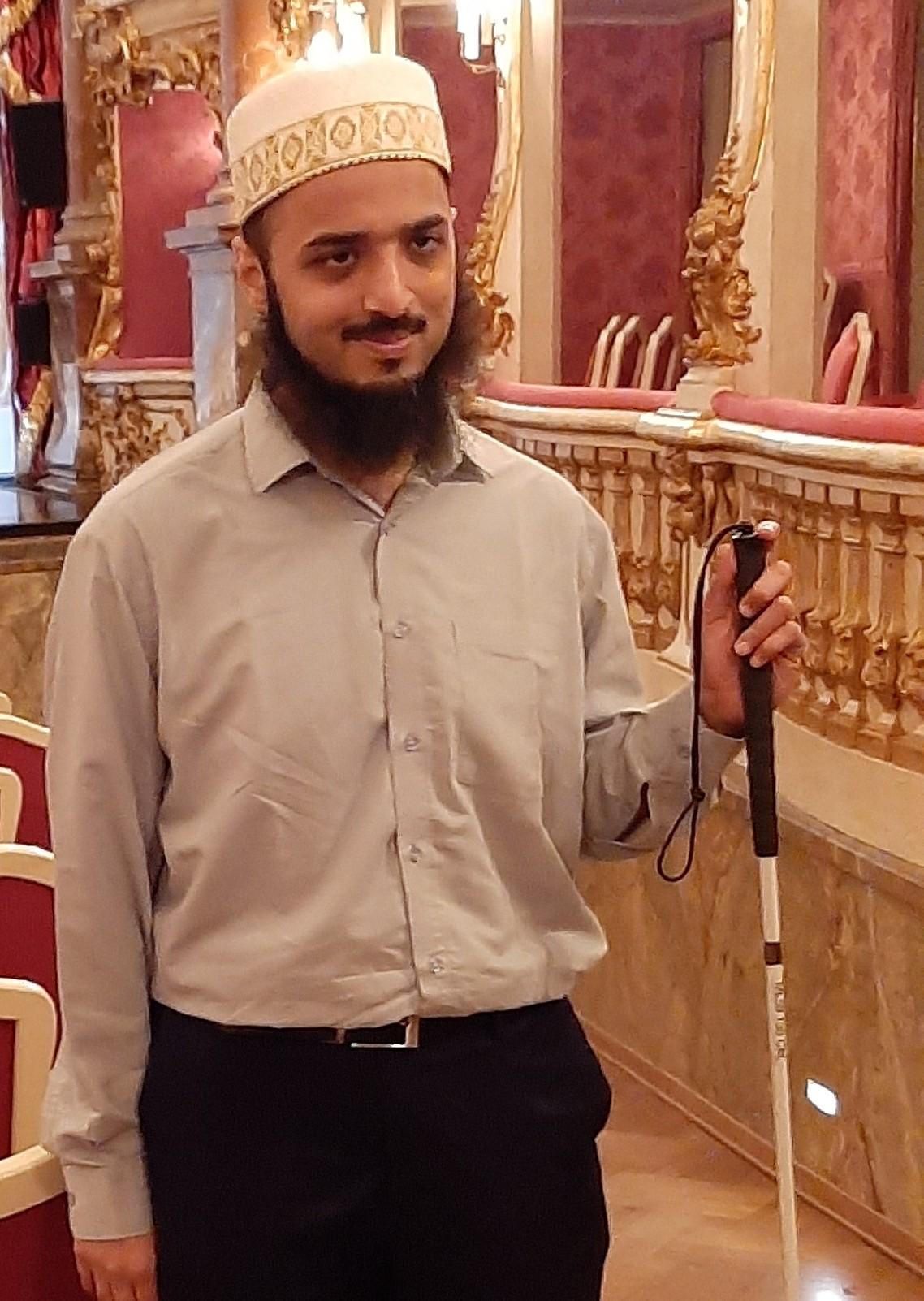
Dr Moiz Tundawala is a Leverhulme Trust Early Career Fellow, pursuing research on the topic ‘Legalizing Sovereignty in South Asian Constitutionalism’ at the Bonavero Institute of Human Rights under the mentorship of Professor Kate O’Regan. Moiz has joined Oxford after completing his doctoral studies at the London School of Economics and Political Science, LLM from the School of Oriental and African Studies, and BALLB (Hons) at the West Bengal National University of Juridical Sciences Kolkata. He has been teaching at the Jindal Global Law School in Delhi NCR India. He is interested in studying public law and constitutional theory underpinned by an interdisciplinary engagement with intellectual history and global political thought.
Moiz’s postdoctoral project examines how the ethno-nationalist and socio-religious movements of Hindutva and Islamism have instrumentalized constitutionalism to become politically powerful in postcolonial India and Pakistan. His work looks at the ideologies of these movements, which despite being at odds with the founding principles of civic-nationalism and liberal-secularism, have managed to insert themselves onto the constitutional field and influence state power in the two countries. He adopts a historical, comparative and interpretive approach to examine the key texts of Hindu and Muslim political thought and the relevant literature connected to the legal systems of India and Pakistan, including constitutional, legislative and judicial debates on the subject.
Taking the South Asian subcontinent as his starting point, Moiz is developing an explanatory intellectual framework to make sense of the conflict between law and sovereignty in the global age of authoritarian populism. With the return of religion to the political sphere and the rise of bigotry and xenophobia, his research will contribute to the understanding of these phenomena and their implications for the constitutional culture of the contemporary moment.
Moiz's postdoctoral project follows on from his DPhil thesis completed at the LSE, which he is revising into a monograph on law, sovereignty and constituent power in modern India.
Professor Faisal Devji
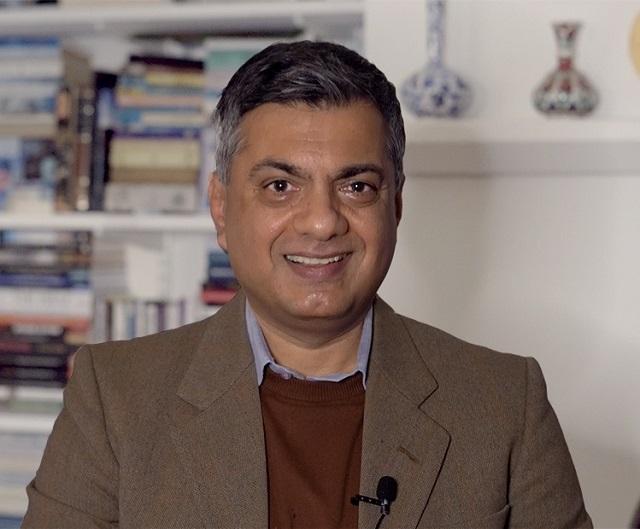
I completed my PhD in Intellectual History at the University of Chicago in 1994. I was then elected Junior Fellow at the Harvard Society of Fellows, after which I went on to run the graduate program at the Institute of Ismaili Studies in London, which included schools in Tajikistan and Iran. Returning to regular academic life in 2003, I taught for two years at Yale as a visiting lecturer and another four at The New School for Social Research in New York as Associate Professor, arriving in Oxford as Reader in Modern South Asian History in 2009.
I am interested in the intellectual history and political thought of modern South Asia as well as in the emergence of Islam as a global category. In my research I have focussed on the cultural and philosophical meanings of violence as much as the emergence of non-violence as a political project. I am also very interested in the different ways in which the idea of humanity achieves political realty, particularly as the simultaneous subject and object of globalisation. My recent work deals with efforts to think beyond the nation-state and the inheritance of anarchism in the post-colonial world.
Professor Shruti Kapila
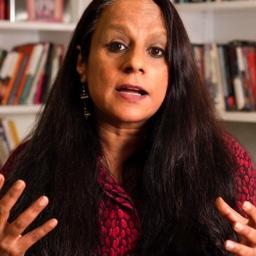
I was born, educated and made in India. I graduated from Panjab University Chandigarh with top honours followed by a Master's in Modern History at JNU, Delhi and received my doctorate from SOAS, London University. My professional life has been international and prior to Cambridge, I held a research position at the University of Oxford and was Assistant Professor, in conjunction with a University Chair for Career Development, at Tufts University, Mass., USA.
I work on Modern and Contemporary India (c.1770 to the present) and Global Political Thought. Predating recent calls to ‘decolonise’ the curriculum by more than a decade, my academic life has been defined by centring the importance of India for the remaking of global political languages.
My new book focuses on twentieth century political thought and theory and the Indian rewriting of modern political languages notably sovereignty, democracy, violence and republicanism. Highlighted as a ‘featured book’ of the year by its publisher Violent Fraternity: Indian Political Thought in the Global Age (Princeton University Press, 2021 and Penguin Random House India, 2021) has received praise as a ‘ground-breaking’ book that is tipped to ‘globalise’ the field of political thought. https://press.princeton.edu/books/hardcover/9780691195223/violent-fraternity-in-the-indian-age
New research work focuses on Indian democracy and its constitution, conservatism and global anti-imperialism. I also have a long standing interest in the history of the modern subject, psychoanalysis and psychiatry in colonial India and the present day. I also research and write on the history of modern science and race, gender and political violence.
As Co-Director of the Global Humanities Initiative at the School of Arts and Humanities, I work with seven universities across the global south in partnership with Cambridge for the creation of new curriculum and new institutional capabilities.
I consider my political commentary and opinion as an extension of my work on India and global politics and I do so including for the the Financial Times, Prospect Magazine, BBC (radio and television), Al Jazeera, Monocle Radio, Times Radio, and Bloomberg TV and across Indian newspapers, magazines and television and write a fortnightly column for the The Print India.
Finally and beyond the university, I co-convened (2014-18) a closed-door seminar at the House of Lords, UK Parliament that put Indian leaders and key voices in dialogue with their British counterparts. I also occasionally advise and consult with the Foreign and Commonwealth Office and Indian institutions including most recently, the National Commission for Women the highest policy body for women in India.
My other pursuits include the training to be a psychoanalyst.

